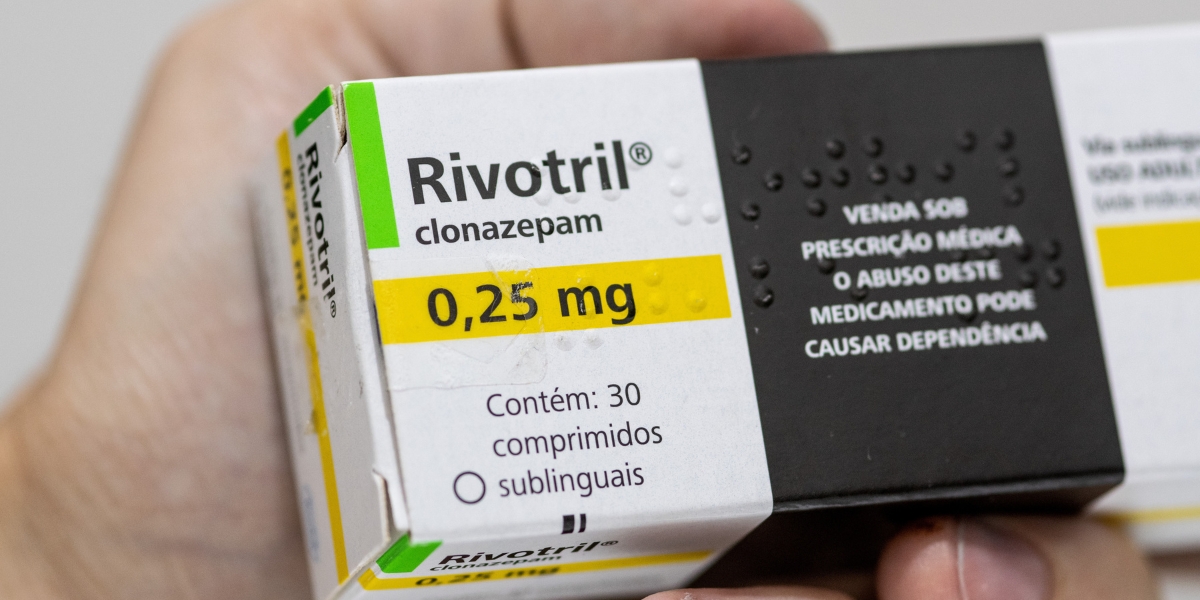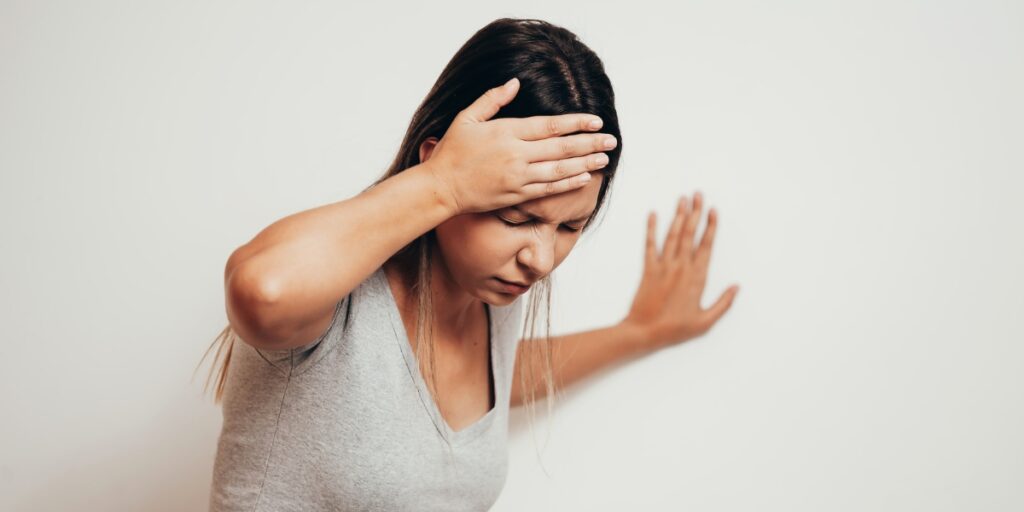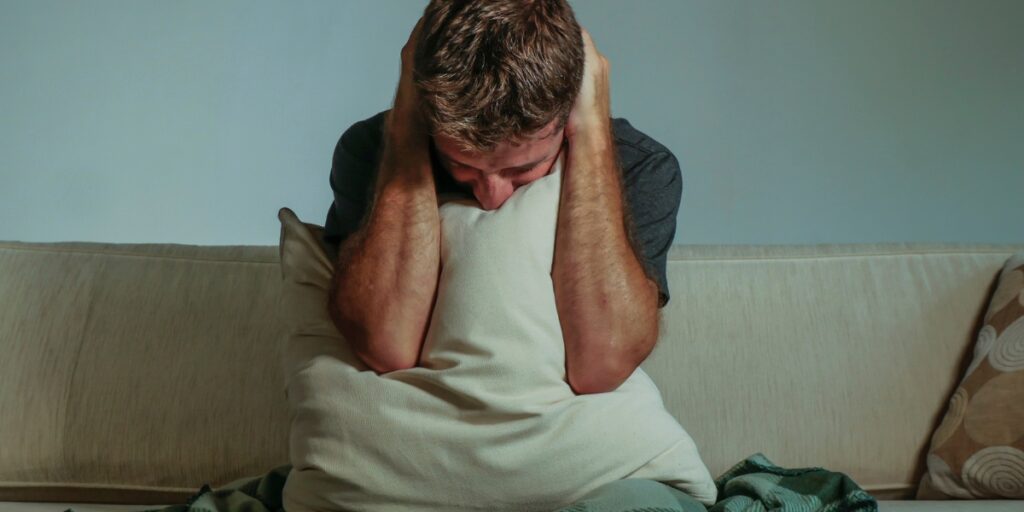Klonopin Addiction and Abuse

For people who struggle with problems like anxiety or seizure disorders, Klonopin (clonazepam) can seem like a relief; however, for people with substance use disorders, Klonopin addiction, and abuse can be a death sentence. Even people who begin using Klonopin under medical supervision are susceptible to developing an addiction with long-term use.
Benzodiazepines like Klonopin replaced barbituates as the preferred prescription drug to treat panic disorders and anxiety attacks because the doses are easier to control, moderate, and less lethal. However, despite the differences between benzodiazepines and barbituates, the one thing they do have in common is their abuse and addiction potential.
Unfortunately, developing an addiction to benzodiazepines doesn’t make mental illness disappear, causing a complicated cycle between mental health symptoms and substance use disorders, referred to as co-occurring disorders. Adding to the complications and risks of Klonopin addiction, quitting requires medical supervision to avoid potentially life-threatening withdrawal effects.
Understanding the warning signs, side effects, and risks is essential to find the proper treatment for Klonopin addiction.
What Is Klonopin?
Klonopin, generically known as clonazepam, is a prescription drug belonging to the drug class benzodiazepines. Klonopin is one of the most prescribed medications in the United States, used to treat panic attacks, anxiety disorders, seizure disorders, acute mania, and off-label for restless leg syndrome and chronic teeth grinding.
In the United States, Klonopin is a schedule IV controlled substance that comes in tablet form. As a sedative-hypnotic drug, Klonopin (clonazepam) binds to specific receptors in the brain to work as a central nervous system depressant and regulate brain waves to reduce anxiety symptoms, a highly effective medication for people with legitimate medical needs. However, these same effects make Klonopin appealing to people who abuse it recreationally or who have developed an addiction and want to avoid withdrawal symptoms.
Effects of Klonopin
The effects of Klonopin help calm the physical and mental symptoms of anxiety attacks and seizure disorders; however, the same effects contribute to Klonopin abuse and addiction as people become dependent on it to function.
The effects of Klonopin will vary for each person depending on factors like co-occurring disorders, tolerance, physical condition, the dose taken, and if they are abusing any other substances simultaneously.
Effects of Klonopin include:
- Relaxation
- Drowsiness
- Lightheadedness
- Slow reflexes
- Decreased heart rate
- Lowered blood pressure
- A feeling of heaviness in the limbs
- Inability to stay awake
When people take Klonopin as directed under medical supervision, at the correct dose, the effects offset their disorder and allow them to function normally. However, in higher doses for people abusing Klonopin, the results will be magnified and can lead to unpleasant side effects.

Side Effects
The side effects of Klonopin can range from mild to severe and will be different for everyone. Ideally, for people taking Klonopin to treat anxiety or panic attacks, the benefits will outweigh the negatives.
Side effects of Klonopin include:
- Dry mouth
- Dizziness
- Difficulty staying balanced or upright
- Joint and muscle pain
- Loss of coordination
- Blurry vision
- Confusion
- Poor judgment
- Difficulty focusing
- Diarrhea
- Nausea
- Vomiting
- Decreased sex drive
- Twitching
- Abdominal cramping
- Sleeping for long periods
- Sweating
- Respiratory depression
- Rash
- Itchy skin or hives
- Paranoia
- Intrusive thoughts
- Tolerance
- Withdrawal symptoms
Klonopin is a long-acting benzodiazepine, meaning even after the effects wear off, a single dose stays in the system for up to 40 hours. Taking more Klonopin or other CNS depressants can cause more severe side effects and unforeseen complications.
Most side effects will resolve as Klonopin leaves the system; however, quitting Klonopin comes with different, potentially dangerous side effects. People who abuse Klonopin by snorting or injecting it risk additional side effects and can develop Klonopin dependence quicker than people who swallow it.
Long-term drug abuse of benzodiazepines like Klonopin can damage the central nervous system, worsen mental health conditions, and cause cognitive decline. When tolerance increases, requiring higher doses, or people resort to mixing Klonopin with other drugs or alcohol, the risk of overdose and death increases.
Klonopin Withdrawal Symptoms
Klonopin withdrawal symptoms can be life-threatening and cause long-term damage without proper treatment. People taking Klonopin to treat mental illness will experience rebound symptoms, which is the return of their original symptoms more intensely.
The body quickly acclimates to the continued presence of benzodiazepines like Klonopin by adjusting natural chemical production to maintain balance; when Klonopin is suddenly absent, it throws off chemical balance and causes withdrawal symptoms. The National Institute of Health (NIH) states that anyone taking Klonopin for three weeks or longer will experience withdrawal symptoms if they quit.
The length and severity of benzodiazepine withdrawal will depend on several factors, including:
- How long the drug abuse has been ongoing
- Regularly taken dose
- The usual method of ingestion
- Co-occurring mental illness
- Co-occurring substance use disorders
- Pre-existing physical health concerns
A person with Klonopin dependence or one that abuses Klonopin should consult a medical professional before attempting to stop and never quit cold turkey. Even trying to taper off Klonopin on your own can result in protracted withdrawal and other complications if done incorrectly.
Medical professionals use 11 diagnostic criteria to diagnose substance use disorders on a mild, moderate, or severe scale. However, people can be physically dependent on Klonopin without substance use disorder; they will still experience withdrawal symptoms and require the same level of care during withdrawal.
Klonopin withdrawal symptoms include:
- Anxiety
- Depression
- Irritability
- Drug cravings
- Chills
- Sweating
- Heart palpitations
- Headache
- Body aches
- Joint and bone pain
- Abdominal cramps
- Constipation
- Diarrhea
- Nausea
- Vomiting
- Dehydration
- Twitching
- Increased sensitivity to light, touch, and sound
- Insomnia
- Increased saliva
- Hallucinations
- Seizures
Supervised medical detox is the only guaranteed safe way to get through Klonopin withdrawal. A medical detox program helps people stick to a safe taper schedule while monitoring vital signs and providing physical and mental support to ease the process and reduce the risk of relapse.
Much like Klonopin dependence happens quickly, tolerance can drop equally as fast, making an overdose more likely if a person relapses during or immediately after withdrawal.

Klonopin Overdose
It is surprisingly easy to experience a Klonopin overdose. The National Institute on Drug Abuse (NIDA) defines an overdose as using enough of one or more drugs to produce life-threatening reactions or death.
As previously mentioned, long-acting benzodiazepines like Klonopin stay in the system for a long time, so taking high doses or too many in a short time can cause toxic effects. Taking previously tolerable doses of Klonopin after tolerance has dropped can cause an overdose, as can mixing other CNS depressants with Klonopin.
Most overdoses are accidental, especially among those engaging in prescription drug abuse. Multiple NIDA studies have shown that people who abuse both opioids and benzodiazepines have an overdose death rate ten times higher than people using one or the other.
Many people lie to their doctors or omit information about their drug use habits, causing them to not receive lifesaving warnings about drug interactions and dangers. Being honest with your doctor or pharmacist about all substance use habits you have can save your life.
The warning signs and symptoms of a Klonopin overdose include:
- Confusion
- Disorientation
- Inability to stay awake
- Unresponsive to touch, loud sounds, or pain
- Shallow or no breathing
- Vomiting
- Gurgling or choking sounds
- Limp neck and limbs
- Pale skin
- Blueish lips or fingertips
- Convulsions
- Loss of bladder and bowel control
- Seizures
- Heart attack
Call 911 or get to the nearest emergency room immediately if someone is experiencing an overdose. Benzodiazepine overdoses always require emergency medical intervention; one sign is enough to call for help.

Klonopin Addiction Treatment
Genuine, evidence-based treatment is available if you or a loved one are losing control over your life because of Klonopin addiction.
At Northridge Addiction Treatment Center, we understand how hard it can be to admit that you need help and seek it out. Our licensed and experienced team of addiction specialists accepts and supports you during every step of treatment, starting with onsite medical detox in a calm, relaxing environment with 24-hour medical supervision and support to help you safely through withdrawal.
We offer a dual diagnosis program to uncover any co-occurring disorders and work with you to develop a personalized treatment plan to address them alongside your addiction. Using evidence-based treatments and therapy, we help you learn new and healthy coping skills to manage any mental health problems and future challenges to your recovery without substance abuse.
Reach out today to talk to one of our treatment specialists. We are eager to get you on your path to recovery with a real opportunity to avoid relapse.
Find Meaningful Recovery
Our caring and compassionate specialists are eager to help you comfortably navigate this journey to recovery. Our individualized treatment plan, programs, and therapies may be a perfect match for you or your loved one. Let us assist you in living the happy life you deserve. It starts with a phone call.



